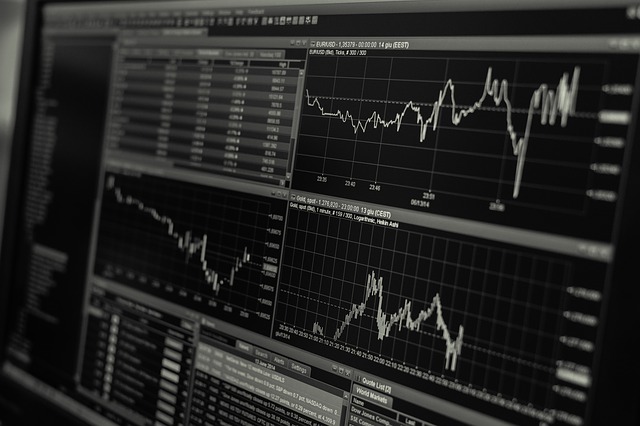Are you the type of person attracted to numbers? That’s just one of the symptoms to show that you could be a forexholic kind of person. Forexholic isn’t a disorder, and in fact, it’s a good thing to love forex trading. Being a forexholic is, in fact, a welcome sign to the forex world.
 After learning that you have a thing for forex, the next step is to look for tested and guaranteed guidelines to help you on your journey. Remember just like any other investment it’s important to start with baby steps into the world and learn slowly as you get in. Forex is a good choice if you want to make money fast and easily. Learning the basics of the trade world is the most important first step to take.
After learning that you have a thing for forex, the next step is to look for tested and guaranteed guidelines to help you on your journey. Remember just like any other investment it’s important to start with baby steps into the world and learn slowly as you get in. Forex is a good choice if you want to make money fast and easily. Learning the basics of the trade world is the most important first step to take.
What is trade finance?
There are various definitions to be found online as to what trade finance is, and the choice of words used is interesting. It is described both as a ‘science’ and as ‘an imprecise term covering a number of different activities’. As is the nature of these things, both are accurate. In one form it is quite a precise science managing the capital required for international trade to flow. Yet within this science there are a wide range of tools at the financiers’ disposal, all of which determine how cash, credit, investments and other assets can be utilized for trade.
In its simplest form, an exporter requires an importer to prepay for goods shipped. The importer naturally wants to reduce risk by asking the exporter to document that the goods have been shipped. The importer’s bank assists by providing a letter of credit to the exporter (or the exporter’s bank) providing for payment upon presentation of certain documents, such as a bill of lading. The exporter’s bank may make a loan to the exporter on the basis of the export contract. The type of document used in the process depends on the nature of the transaction and how evidence of performance can be shown (i.e. bill of lading to show shipment). It is useful to note that banks only deal with documents and not the actual goods, services or performance to which the documents may be relating to.
Source : https://tradefinanceanalytics.com/what-is-trade-finance
The most useful part of trade finance is the business can grow with the help of specialized trade and finance department who help structure the business to a custom need. With trade finance, all this is able thanks to the fact that the goods and services can be used as collateral rather than using own balance sheets and assets like on other businesses.
Take an example: imagine you are a trader in cocoa beans in Cote d’Ivoire, buying beans locally and selling them to foreign buyers. To make your purchases, you will need to have money to buy the cocoa up-country in Africa, prior to their export. Where will you find money to make these purchases? And supposing you are the international buyer; the shipper, purchasing from cocoa traders all over West Africa – how will you finance your transactions, which at any one time may exceed your cash reserves? What might be supported by your bank who, if they are traditional lenders, will only lend against your balance sheet?
This is where trade finance and structured trade finance is useful – your business can grow and develop if you use the services of a specialist trade finance department who will structure trade finance structures can be tailored to your needs, using the collateral of the goods you are trading, rather than your own balance sheet or other assets.
Source : http://www.streetdirectory.com/travel_guide/183452/finance/importance_of_trade_finance.html
Trade finance is usually useful when both the sellers and buyers need helping in filling the funding gap. The buyers and sellers can also use trade finance as a way to mitigate risks associated with the business.
With trade finance, importers and exporters can get help in settling different needs. The trade finance here acts as a third party helping remove the risk of payment and supply while providing exporters with accelerated receivables and provides the importers with extended credit
While it is true that the business of trade finance belongs in many ways, to the large global financial institutions, that same reality and the constraints faced by those large institutions, creates market gaps, which can be profitably serviced by smaller, specialist firms. Where the large global banks will typically try to view client relationships on a holistic, multi-product and multi-service basis, there are providers in the market, who are prepared to offer one-off transactional solutions in support of international traders.
Corporate and commercial clients are becoming increasingly aware of an openness to the option of accessing financing directly through capital markets. This option is becoming available in support of import and export business as it has been available for some time relative to other areas of corporate finance. Additionally, as returns become increasingly attractive in emerging markets, companies pursuing opportunities in international trade are looking increasingly to those higher-risk regions.
Source : http://www.gtreview.com/news/global/trade-services-the-supply-chain-non-bank-trade-finance/